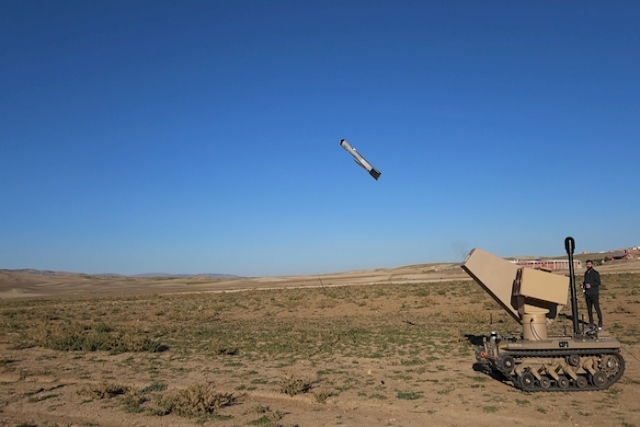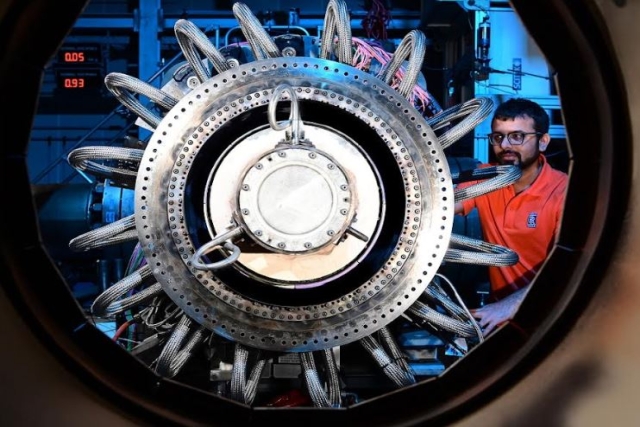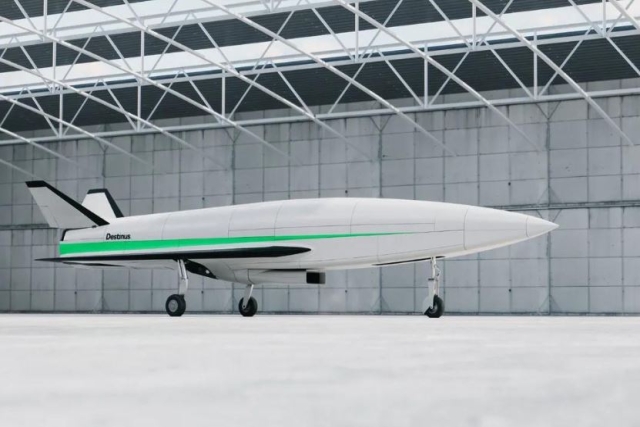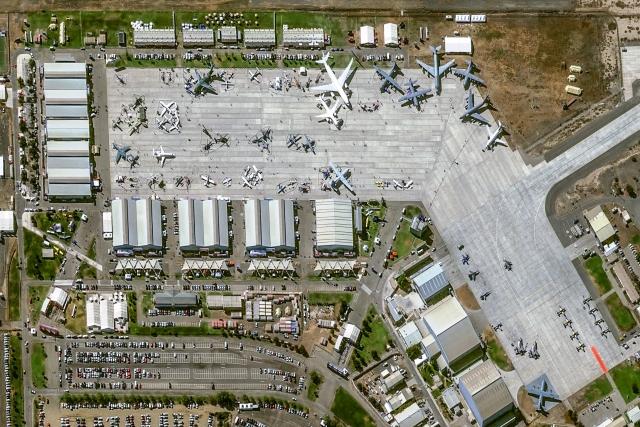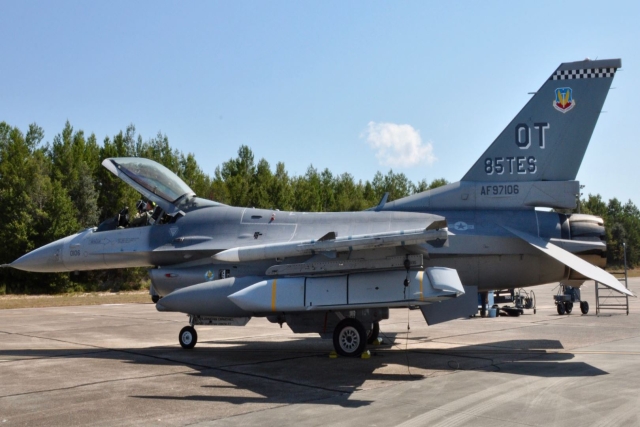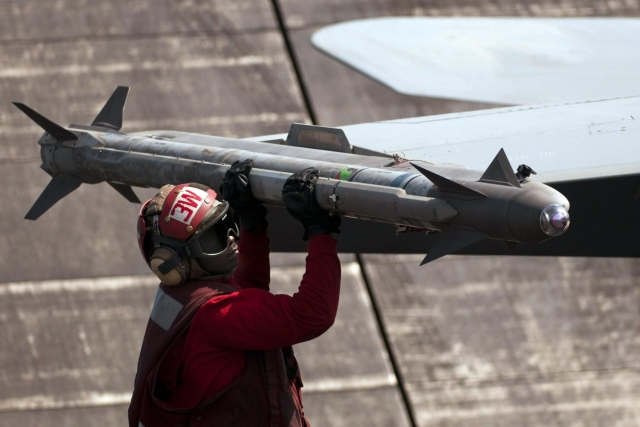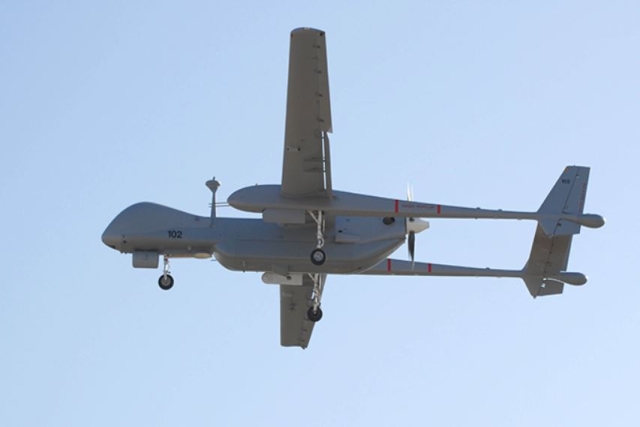Singapore to be a Hub of Future Hydrogen-fueled Large Commercial Planes
Singapore plans to strategically pioneer hydrogen-fueled aviation by assessing feasibility, infrastructure, and technological advancements.

Singapore is setting its sights on becoming a hub for hydrogen-fueled large commercial planes, as outlined by the Singapore Hydrogen Cooperation Committee.
Formed after the Cooperation Agreement signing in February 2022, involving Airbus, Changi Airport Group, Civil Aviation Authority of Singapore (CAAS), and Linde, the committee has been scrutinizing the feasibility of hydrogen fuel in Singapore's aviation decarbonization efforts.
The ongoing study has delved into regional and local market demands, hydrogen supply chains, infrastructure requirements, and considerations for establishing a hydrogen ecosystem for aviation. The committee has acknowledged the technology's early stages and its application to future generations of large commercial planes.
Sabine Klauke, Chief Technology Officer at Airbus, noted the growing interest in hydrogen investments in the Asia-Pacific region. Hydrogen is seen as a potential decarbonization pathway, complementing sustainable aviation fuel in the industry's transition towards net zero by 2050.
The committee has outlined infrastructure scenarios to support a progressive deployment of liquid hydrogen at Changi Airport. Potential daily hydrogen consumption by Singapore's aviation sector may reach up to 50 tonnes from the 2040s and 600 tonnes per day beyond 2050.
Mr. Han Kok Juan, Director-General of CAAS, emphasized the aviation community's collective goal of achieving net-zero carbon emissions by 2050. While the immediate focus is on sustainable aviation fuels, hydrogen is considered a potential long-term solution.
Ms. Poh Li San, Senior Vice President at Changi Airport Group, highlighted the uncertainties surrounding hydrogen technology, including operations, safety, regulation, and economics. A phased approach is deemed necessary as the industry evaluates how to support hydrogen use by aircraft.
The committee emphasized the need to monitor key signposts for the development of hydrogen technology, including technology maturity, Concept of Operations development, safety regulatory frameworks, liquid hydrogen supply chain and airport infrastructure development, readiness of other airports, and the relative price of liquid hydrogen as an alternative aircraft fuel.

